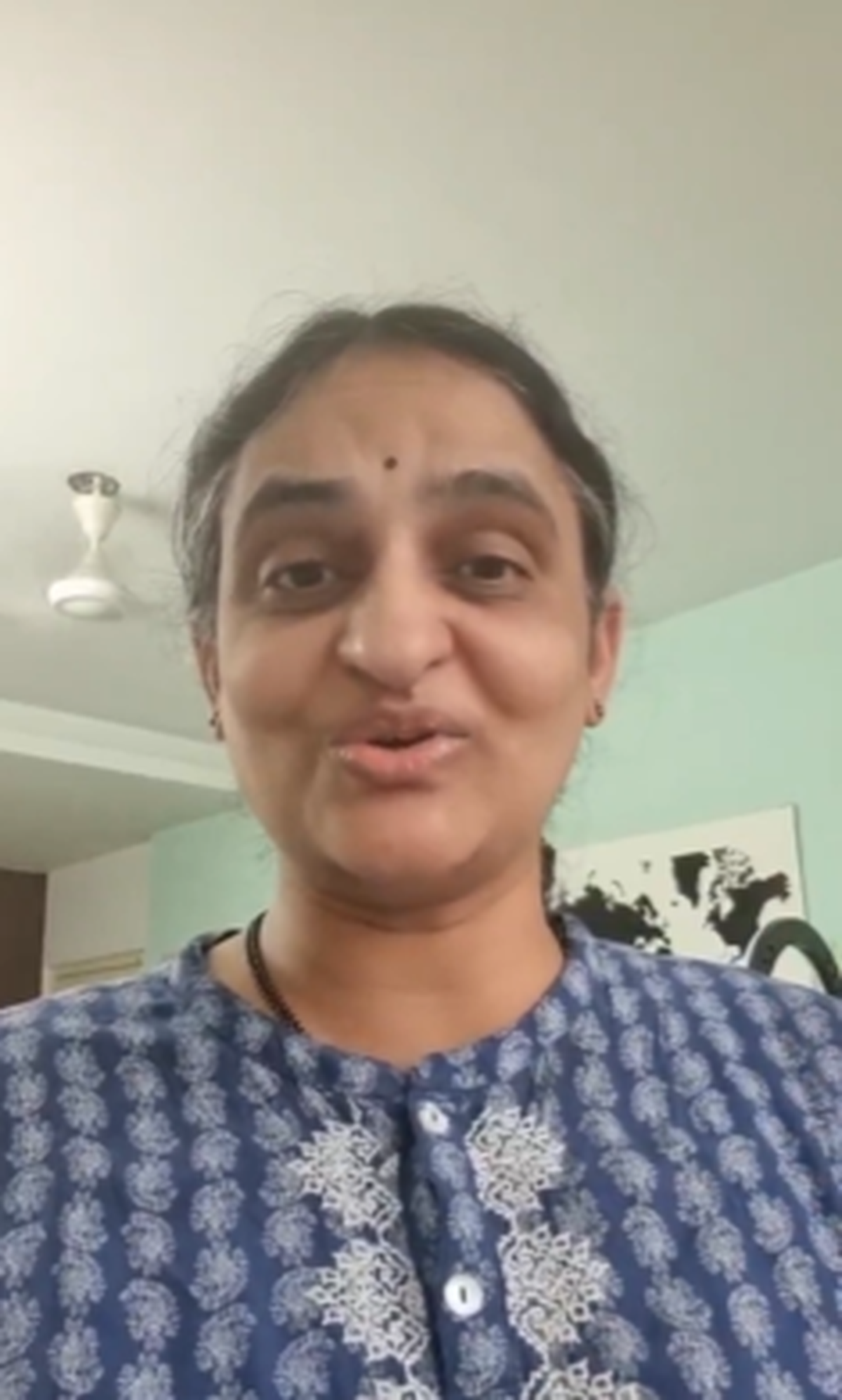
Paediatrician Dr Sivaranjani Santosh who persistently fought against sugar-rich beverages falsely marketed as oral rehydration solutions (ORS).
| Photo Credit: Video on handle @dr_sivaranjani on X
A Hyderabad-based paediatrician’s long-standing fight against sugar-rich beverages falsely marketed as oral rehydration solutions (ORS) has resulted in a major regulatory change. The Food Safety and Standards Authority of India (FSSAI) has issued an order stating that no food brand may use the term ‘Oral Rehydration Salts’ or ‘ORS’ on its products unless the formulation adheres strictly to the standards recommended by the World Health Organisation (WHO).
The directive, issued on October 14, mandates the immediate withdrawal of all previous permissions granted to Food Business Operators (FBOs) for using ‘ORS’ in conjunction with their brand names. Specifically, it rescinds two earlier orders, dated July 14, 2022, and February 2, 2024, that had allowed the use of ‘ORS’ as part of a trademark with a prefix or suffix, provided the label included a disclaimer stating, “The product is Not an ORS formula as recommended by WHO.”
Clarification issued on misleading labelling
On October 15, day after the directive on October 14, FSSAI issued a detailed clarification reaffirming that the use of ‘ORS’ in any food product’s name, whether fruit-based, non-carbonated, or ready-to-drink, violates the Food Safety and Standards Act, 2006, and related regulations. The regulator stated that such labelling ‘misleads consumers by way of false, deceptive, ambiguous, and erroneous names or label declarations,’ and therefore contravenes multiple provisions under the Act.
A paediatrician’s fight for consumer safety
This regulatory intervention stems from a persistent legal campaign by Dr. Sivaranjani Santosh, who began questioning deceptive marketing practices nearly a decade ago. In 2022, she filed a Public Interest Litigation (PIL) before the Telangana High Court, challenging the sale of beverages falsely advertised as ORS despite not meeting WHO-recommended electrolyte and glucose standards.
Her petition highlighted how several companies marketed ‘fruit juices’ and other sweetened beverages under the guise of being oral rehydration solutions, posing potential risks, particularly to children and diabetic patients. Dr. Sivaranjani’s complaints also reached Rajesh Bhushan, the then Secretary of the Ministry of Health and Family Welfare, prompting judicial and regulatory scrutiny.
Court intervention and initial FSSAI response
The Telangana High Court, led by the Chief Justice, sought responses from both the FSSAI and the Drug Controller General of India, recognising the potential public health implications of misleading ORS claims. Following this, on April 8, 2022, FSSAI issued its first directive restricting the use of ‘ORS’ in food labels or advertisements. However, on July 14 that same year, the FSSAI informed Dr. Sivaranjani that the restriction was temporarily relaxed following a writ petition filed by several companies. The regulator decided to allow manufacturers holding valid trademarks to continue producing such products under their registered names until the Controller General of Patents, Designs and Trademarks issued a final decision.
WHO-approved ORS vs. sugar-loaded imitations
The World Health Organisation prescribes a standard oral rehydration solution with a total osmolarity of 245 mOsm/L. This composition includes 2.6 grams of sodium chloride, 1.5 grams of potassium chloride, 2.9 grams of sodium citrate, and 13.5 grams of dextrose anhydrous (sugar) per litre of water.
In contrast, several products marketed as ORS by pharmaceutical companies contain significantly higher sugar levels, around 120 grams of total sugar per litre, with nearly 110 grams being added sugar. Their electrolyte balance is also inconsistent with WHO norms, providing just 1.17 grams of sodium, 0.79 grams of potassium, and 1.47 grams of chloride per litre.
Reflecting on the outcome, Dr. Sivaranjani described the FSSAI order as the culmination of years of persistence and public support. “It was a war. Eight years of battle, three years of filing PILs, and four to five years of fighting indifference. This victory belongs not to one person, but to people’s power, all the doctors, advocates, moms, and influencers who stood with me. I stood steadfast, and we won,” she said.
Published – October 16, 2025 12:27 pm IST











Leave a Reply